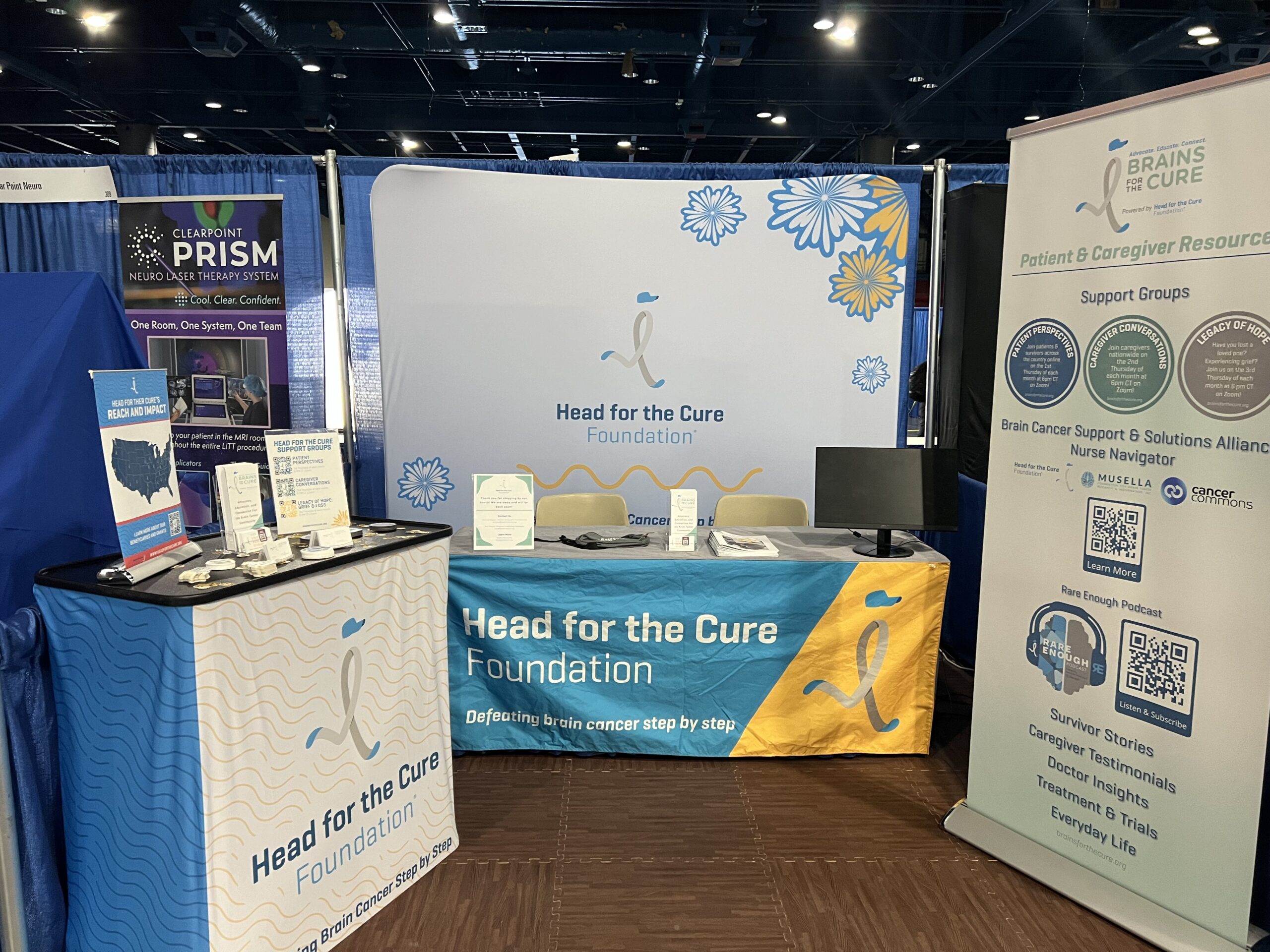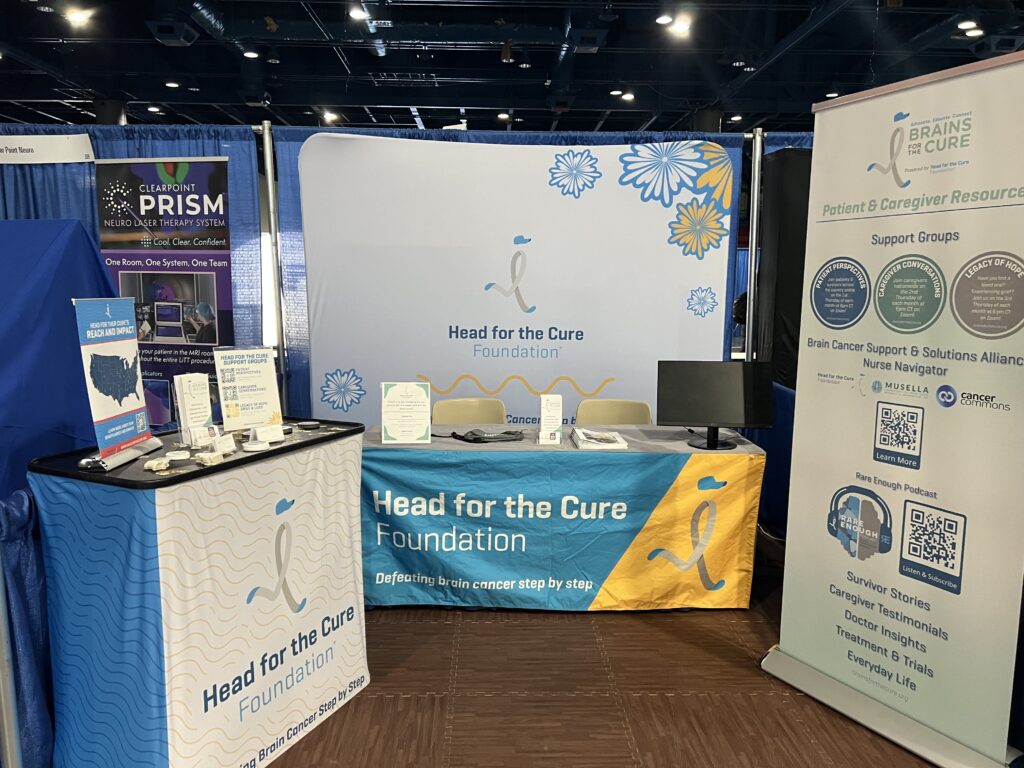December 16, 2024
2024 SNO Conference Recap


Written by Ross Gregory, Head for the Cure Staff Member
The Society for Neuro-Oncology (SNO) Annual Conference in Houston this November brought together a vibrant community of researchers, clinicians, innovators, and advocacy groups passionate about advancing the science and care of brain and spinal cord tumors. Held at the intersection of groundbreaking research and patient-centered care, this year’s event showcased the remarkable strides being made in neuro-oncology and offered a hopeful glimpse into the future of treatment and outcomes for patients facing these complex diseases.
One of the dominant themes of the conference was precision medicine. The keynote session highlighted advancements in genomics and molecular profiling that are reshaping our understanding of central nervous system (CNS) tumors. Of particular note was the ongoing progress in targeting IDH-mutant gliomas.
A wave of excitement accompanied the sessions on novel therapeutics, from immunotherapy to targeted small molecules. Highlights included:
- CAR-T Cell Therapy in Glioblastoma: Researchers shared encouraging data on using CAR-T cells engineered to cross the blood-brain barrier, demonstrating prolonged survival in preclinical models and early-phase trials.
- Vaccine Development: Personalized vaccines, tailored to the unique mutational profile of glioblastomas, were a hot topic, with several presenters reporting immune responses correlated with delayed tumor progression.
- Oncolytic Viruses: The potential for engineered viruses to selectively infect and kill tumor cells while sparing normal brain tissue was underscored by a groundbreaking Phase 1 trial.
The conference also had sessions focusing on health disparities in neuro-oncology. Experts discussed systemic barriers that limit access to cutting-edge treatments and clinical trials for underrepresented populations. Initiatives like community-based clinical trials and expanded use of telemedicine are beginning to address these gaps, but as several speakers noted, there is still significant work to be done.
Perhaps the most poignant moments of the conference came during the patient advocacy forums, in which Head for the Cure participated in and attended. These sessions underscored the importance of listening to the voices of patients and caregivers, whose lived experiences provide invaluable insights into improving quality of life and care delivery. Stories of resilience and hope served as a reminder that our work is about more than data and discoveries—it’s about making a tangible difference in people’s lives.
As I left Houston, I couldn’t help but feel optimistic about the future of neuro-oncology. The conference reaffirmed that the collective efforts of this global community are poised to transform the way we understand, diagnose, and treat CNS tumors. With each breakthrough, we move closer to a world where survival is extended, quality of life is enhanced, and hope is abundant for patients and their families.